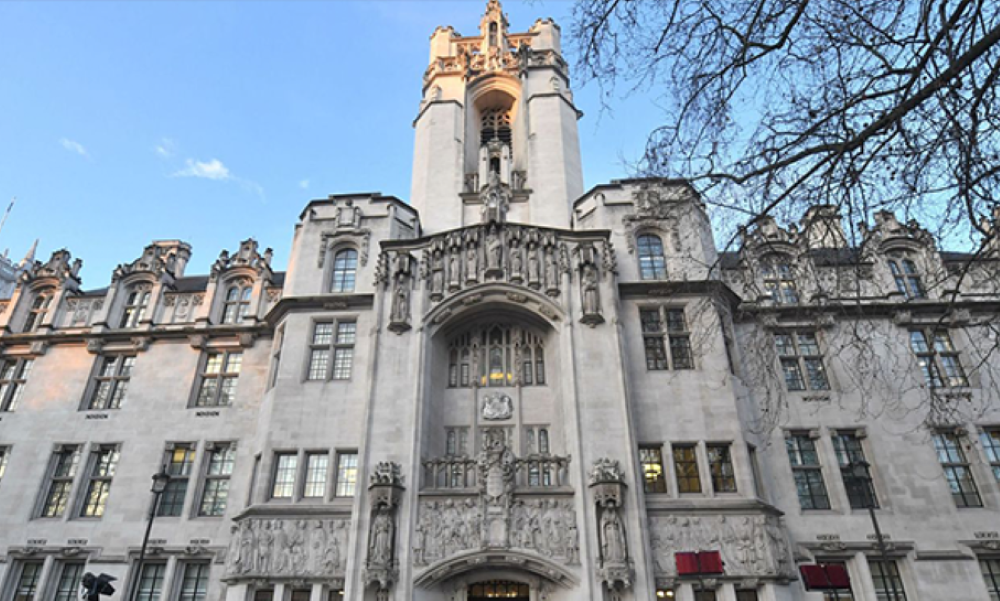Sakshi Chhabra
On Wednesday, Google began a legal bid at Britain’s highest court to attempt to block a class action alleging that it illegally tracked millions of iPhones user’s internet activity.
Google’s lawyer, Antony White told the court that any maiden, US style data protection lawsuit could only redress under English laws if a data breach led to claimants suffering. Also, that any uniform award would also fail to consider differing phone usage.
“It is not my case that loss of personal data may not have serious consequences, but it may not always do so in a way that attracts compensation,” he further stated.
The Supreme court will hear the arguments for two days in advance of judges deciding whether the claim against the search engine giant should continue further.
The association ‘Google You Owe Us’ is led by the former head of consumer rights group, Richard Lloyd. And is seeking at least 1.4 billion dollars to compensate four million users in England and Wales.
The association accuses Google of circumventing iPhone security options and collecting personal data between August 2011 and February 2012 via the Safari browser.
According to the complaint, personal information about users’ social and ethnic origin, health, political views, sexual preferences and shopping habits was collected.
It is alleged by ‘Google You Owe Us’ that following collation, the information was compiled and offered to advertisers.
“Google illegally misused the data of millions of iPhone users without consent and we want to hold them to account,” said Lloyd in a statement before the hearing. The case involves more than four million Apple iPhone users.
Google has appealed against the decision, hoping to get the case dismissed on the grounds that the claimants have shown insufficient evidence users were adversely affected.
Google has also said that the events which happened 10 years ago were responded to at the time and that there is no suggestion that a Safari workaround meant private browser-generated information was disclosed to third parties.
The “Google You Owe Us” association said that the door was opened to its complaint following the confidential settlement of a similar case in 2015 which was brought by three individuals.

